As climate change continues to impact ecosystems across the globe, Türkiye is taking decisive action to combat marine pollution in the Marmara Sea, a crucial maritime hub bridging Europe and Asia. The country has ramped up its efforts in wastewater treatment, pollution control and public awareness initiatives to mitigate the environmental consequences of rising temperatures and increased waste discharge. The Ministry of Environment, Urbanization and Climate Change and municipalities are spearheading comprehensive strategies to protect the Marmara from mucilage outbreaks and other forms of pollution.
Mucilage, often referred to as “sea snot,” is a thick, sticky organic substance that forms due to the excessive proliferation of phytoplankton. Experts highlight two primary causes: increased nitrogen and phosphorus pollution from wastewater and rising sea temperatures driven by global climate change.
“One of the most significant contributors to mucilage in the seas is the waste discharged into the water, particularly nitrogen and phosphorus pollution. The second factor is the rising sea temperatures,” explained Özlem Erol, a master’s degree holder in environmental engineer and a member of the Istanbul Metropolitan Municipal Assembly.
“These two factors create a system that can be completely mitigated if wastewater treatment facilities are optimized. Since the Sea of Marmara is a closed sea, pollution accumulates, making mucilage a serious challenge. The solution lies in advanced biological wastewater treatment facilities and Türkiye has already planned 99% of these upgrades,” she added.
Government-led solutions
Recognizing the urgency of the situation, the Turkish government launched the Marmara Sea Action Plan, a large-scale initiative aimed at tackling pollution and restoring ecological balance in the region. The plan mandates all wastewater treatment facilities in the Marmara Basin to transition to advanced biological treatment systems, significantly reducing nitrogen and phosphorus levels.
“In 2021, the ministry took action by cleaning up mucilage, lowering nitrogen and phosphorus pollution, and addressing temperature fluctuations in the sea,” Özlem Erol noted. “Now, the responsibility lies with municipalities to implement these advanced treatment measures, while the ministry ensures compliance and enforces penalties when necessary.”
To reinforce these efforts, the government has also implemented strict regulations on marine pollution, enhanced monitoring systems and introduced public awareness campaigns. Municipalities enforce pollution control measures at local levels, while the ministry provides oversight to ensure compliance with environmental standards.
Experts stress that advanced biological wastewater treatment is the most effective solution for mitigating marine pollution in the Marmara.
“Nitrogen and phosphorus can most easily be controlled at point sources, particularly from residential and industrial wastewater,” explained professor Mehmet Çakmakcı from Yıldız Technical University’s Department of Environmental Engineering. “These pollutants reach the sea through wastewater discharge and river runoffs. Proper treatment processes convert nitrogen into harmless nitrogen gas and precipitate phosphorus, preventing them from fueling excessive phytoplankton growth.”
Moreover, Türkiye is investing in innovative technologies to enhance wastewater treatment efficiency. Net-shaped barriers have been installed at key locations to filter out solid waste before it reaches the sea. “By using these nets, water is allowed to pass through while pollutants are trapped, preventing them from contaminating the sea. Istanbul has already implemented this on multiple streams, and similar measures can be expanded to other coastal cities,” Çakmakcı added.
Addressing marine pollution requires significant infrastructure investments. The Turkish government is working closely with municipalities to secure financing for wastewater treatment facilities, both from domestic and international sources.
“Infrastructure investments for wastewater collection and treatment are costly, but they are essential for long-term environmental protection,” said Çakmakcı. “Providing financial support to municipalities will accelerate the construction and operation of advanced biological treatment plants.”
Türkiye is also engaging with international partners to tackle cross-border pollution. The Danube River, which flows into the Black Sea, carries pollutants from several European countries, contributing to the degradation of the Marmara. “Important measures are being taken to purify wastewater in countries along the Danube, but cooperation must be strengthened to reduce external pollution sources,” he emphasized.
While wastewater treatment plays a crucial role, addressing climate change remains a global challenge. Rising sea temperatures exacerbate mucilage formation, making long-term solutions more complex.
“We cannot control climate-induced temperature changes in the sea directly, but we can minimize contributing factors such as pollution,” said Özlem Erol. “Reducing nitrogen and phosphorus discharges, improving wastewater treatment and raising public awareness are the key elements of our strategy.”
Public engagement is a cornerstone of Türkiye’s approach. Awareness campaigns educate communities about the importance of waste management, water conservation and environmental responsibility. Local governments are also implementing stricter regulations on industrial waste discharge and promoting sustainable urban planning.
Environmental responsibility
Türkiye’s commitment to combating marine pollution in the face of climate change is a model for other nations grappling with similar challenges. By integrating scientific research, government action and public participation, the country is paving the way for sustainable environmental policies.
“Although the results of these efforts will not be immediately visible, their long-term impact will be profound,” Çakmakcı affirmed. “Protecting our seas is not just an environmental necessity but an economic and social responsibility. The actions we take today will shape the future of marine ecosystems in Türkiye and beyond.”
With continued investment in wastewater treatment, strengthened environmental policies and international cooperation, Türkiye demonstrates that proactive governance and scientific innovation can lead the fight against marine pollution in a changing climate. The Marmara, a vital marine corridor, is set to benefit from these concerted efforts, ensuring its preservation for future generations.

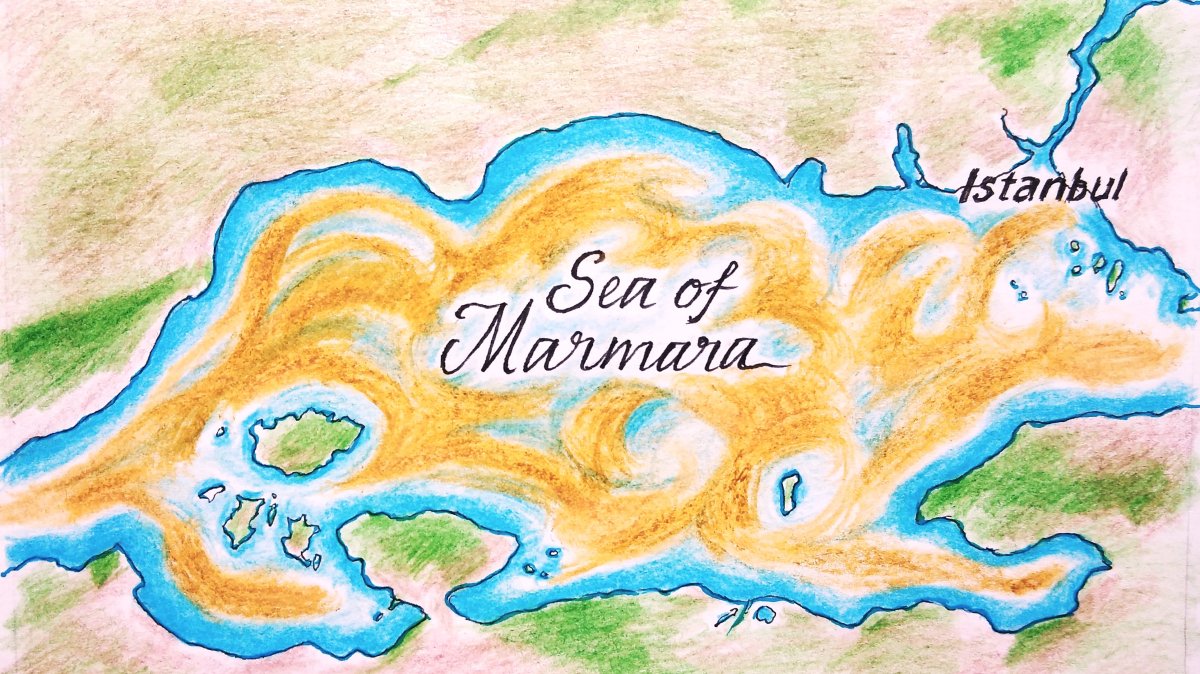




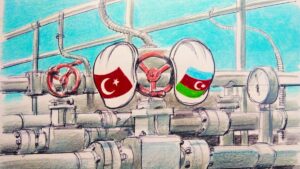









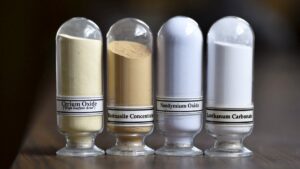


















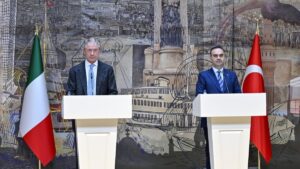












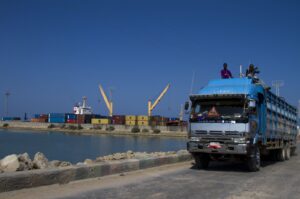

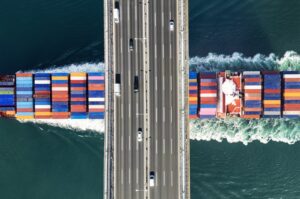

Be First to Comment